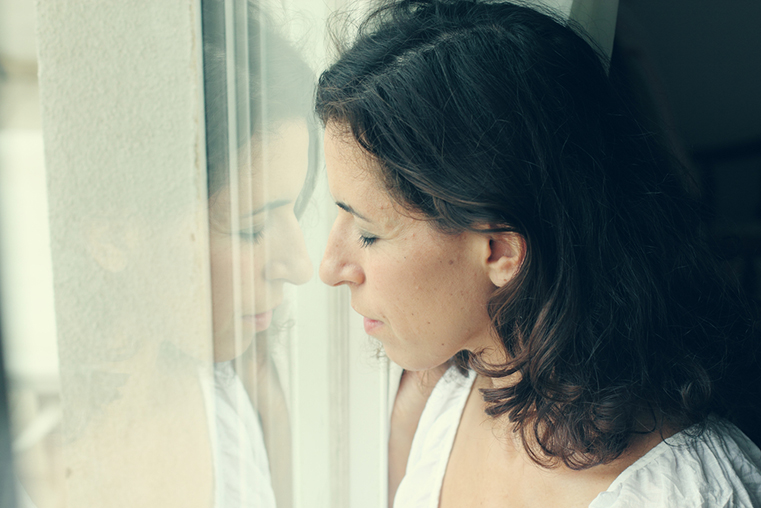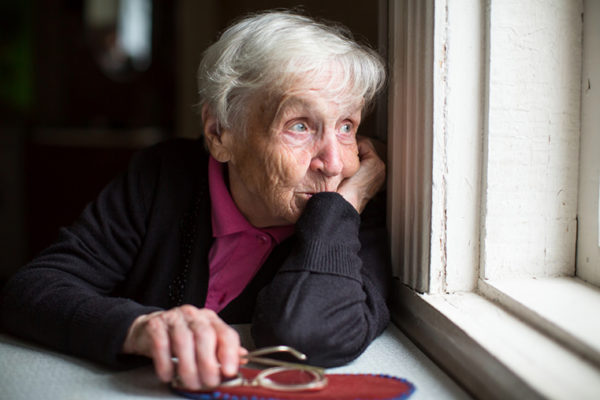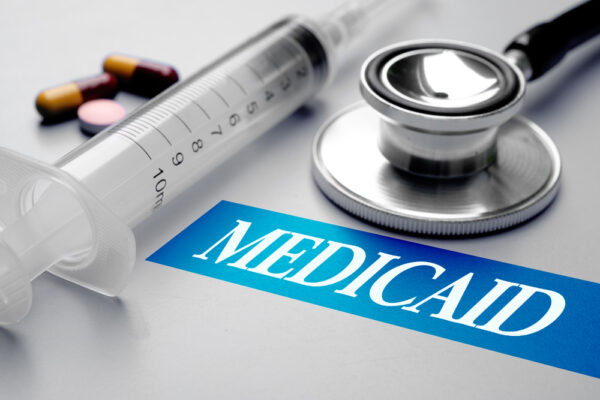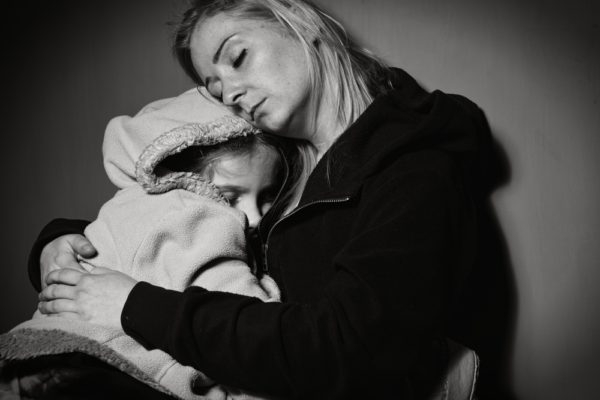Parents’ social isolation was linked to self-reported poorer health not only for themselves but also for their adolescent children, finds a study from the Brown School at Washington University in St. Louis.
“The purpose of this study was to investigate the interrelationship between parent and adolescent social isolation and health,” said Tess Thompson, research assistant professor.
“We hypothesized that self-reported health and social isolation measures would both be correlated between parents and their adolescent children,” she said. “We hypothesized that each person’s social isolation would be associated with their own health, and that within dyads (relationships between two people), one person’s isolation would be associated with the other person’s health.”
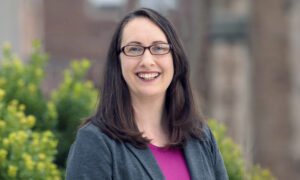
The study, “The Association Between Social Isolation and Health: An Analysis of Parent–Adolescent Dyads from the Family Life, Activity, Sun, Health, and Eating Study,” was published in the March issue of the Clinical Social Work Journal.
Data come from the 2014 Family Life, Activity, Sun, Health, and Eating Study, a cross-sectional study conducted by the National Cancer Institute. Parents and their children ages 12 to 17 were recruited through a consumer opinion panel to complete online surveys about demographics, physical activity and diet.
“The Family Life, Activity, Sun, Health, and Eating Study dataset was exciting to work with because it’s one of the few datasets that measures social isolation and health in both parents and their adolescent children,” Thompson said. “Having these measures for both parents and adolescents allowed us to examine how health and isolation for parents and adolescents are interconnected.”
Eradicating social isolation is one of the Social Work Grand Challenges issued by the American Academy for Social Work and Social Welfare, which concluded that social isolation is “a potent killer.”
Self-perceived social isolation has been linked to physical and mental health outcomes, including higher blood pressure, poor sleep and increased mortality risk.
The link between social relationships and health among adults has long been noted. However, very little empirical work has explicitly tested a relationship between social isolation and health within parent–adolescent dyads.
“Our findings … suggest that helping parents address their own social isolation may affect not only their own health, but also the social and physical health of others in the household.”
Tess Thompson
“Our findings add to the evidence that social isolation is associated with health and suggest that helping parents address their own social isolation may affect not only their own health, but also the social and physical health of others in the household,” Thompson said.
“It may be helpful to screen patients — both adults and adolescents — for social factors such as loneliness in health care settings. Other research has shown that interventions based on cognitive-behavioral therapy (CBT) may help adults who experience loneliness or social isolation, but we don’t know a lot about effective interventions addressing social isolation among adolescents.
“It’s possible that CBT may help them, too, or that innovations in social media and other technologies may help adolescents, adults and their extended families to build meaningful social connections,” Thompson added.
In this study, perceived isolation and health were measured at the same time. “This means we don’t know the direction of relationships, that is, whether social isolation affects health, or the reverse,” she said. “In the future, it will be important to investigate how these relationships unfold over time.”
